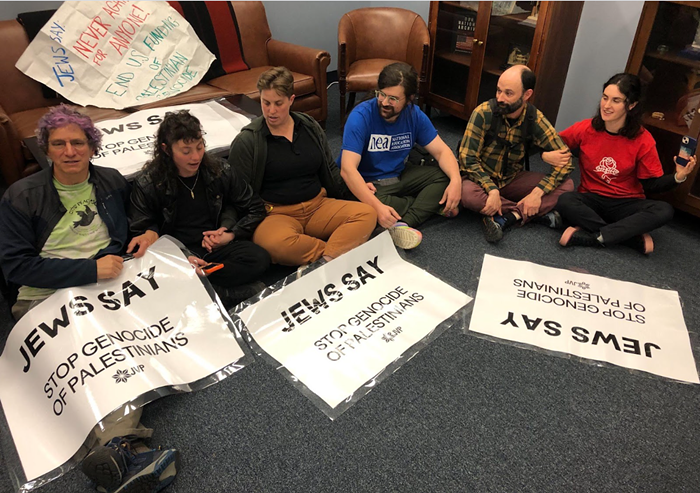Drug possession and public drug use in Seattle are illegal, just as they have been since 1971 when the Controlled Substances Act went into effect. In fact, someone arrested for drug possession in Seattle today faces a longer potential prison sentence than they did last year. Drug possession and public drug use are as illegal in Seattle as they are in Bellevue, Spokane, Moses Lake, and the rest of Washington state. This should come as no surprise, despite recent misleading coverage by some media outlets and outright lies by Seattle City Attorney Ann Davison and certain council members.
Criminalization is not “doing something” or “trying something new”–it is the “War on Drugs” we’ve been perpetuating for forty years, and it is responsible for the difficulties we face today.
Seattle altering its municipal code to shift drug possession and public drug use cases from the King County Prosecuting Attorney to the Seattle City Attorney would expand the War on Drugs while decimating Seattle’s budget.
Per the City’s own analysis, King County has the infrastructure and funding to handle drug cases and behavioral health programs, while Seattle does not. How much will it cost to build out this infrastructure? No one knows, as Ann Davison's office–while beating the drum for criminalization–has refused to share any plan for how many cases they would prosecute, what resources they would need, and what diversion programs they would agree to. The $27 million “plan” that emerged from the City’s work group, is a bad joke. The plan uses only existing funding, spread over 18 years, and it does not cover any of the costs of increased diversion, setting up a drug court, nor any of the costs of the cops, courts, and cages the legislation would require to implement.
Seattle’s budget cannot absorb this hit without massive cuts to city services. The City already raided JumpStart (a payroll tax on big business passed in 2020 specifically to fund affordable housing, Green New Deal initiatives, and equitable development), transferring over $185 million from JumpStart to the general fund to balance the 2023-2024 biennium budget. Even after defunding affordable housing, Green New Deal initiatives, and equitable development, the City still also cut sidewalk maintenance, ADA accessibility in parks, food access, King County Regional Homeless Authority funding, diversion programs, and it continues to underpay human services workers by 37% to balance the budget. What additional city services do Ann Davison, Mayor Bruce Harrell, Council Members Sara Nelson, Alex Pedersen, Dan Strauss, Debora Juarez, Andrew Lewis, and everyone else pushing to expand the War on Drugs plan to cut?
And what do we reap from continuing the status quo of the War on Drugs? Death. Mayor Harrell was right when he admitted the War on Drugs was a “War on Health”.
- Putting people in jail or prison kills. Cages reduce the life expectancy of both the person incarcerated and their loved ones. People are 40 to 129 times more likely to overdose after they are released. And Washington’s jails are among the deadliest in the US.
- Drug seizures by police (disrupting drug markets/supply) kill. Overdoses increase in the area around where a drug seizure takes place in the weeks following the seizure.
- Police contact with the community kills. SPD officers accounted for 11% of homicides in Seattle between 2015 and today–that’s 1 out of every 10 deaths. Nationally, police kill 3% to 4% of people, which amounts to 1 out of every 25 to 33 homicides.
- Budget austerity kills. Impoverishing people is the fourth-leading cause of death in the United States, and it is a policy choice.
None of that death and increased carceral spending will lower rates of drug use. Passing this law would only result in the City paying a premium to kill people instead of helping them.
If we want to help people recover from substance use disorders, there is decades of evidence showing what works. King County released a task force study on this issue back in 2016. The task force recommended increased access to treatment and harm reduction. The report did NOT recommend arrest or prosecution. Unfortunately, the recommendations from that report were never implemented. King County has fewer residential treatment beds today than it had in 2018. The two overdose prevention centers the study recommended never materialized, even though those facilities would save lives, serve as on-ramps to treatment, and decrease public drug use.
Funding these services does not create a budget disaster like expanding the War on Drugs would because these services are cheaper than incarceration. They improve public safety, and they save municipalities money.
Seattle can either double-down on the ineffective, devastating, and expensive status quo of the War on Drugs and further gut our city budget to kill more people, or it can follow the data by turning away from criminalization and investing in treatment, harm reduction, and other approaches that have been proven to save lives, improve public safety, and save the city money.



















